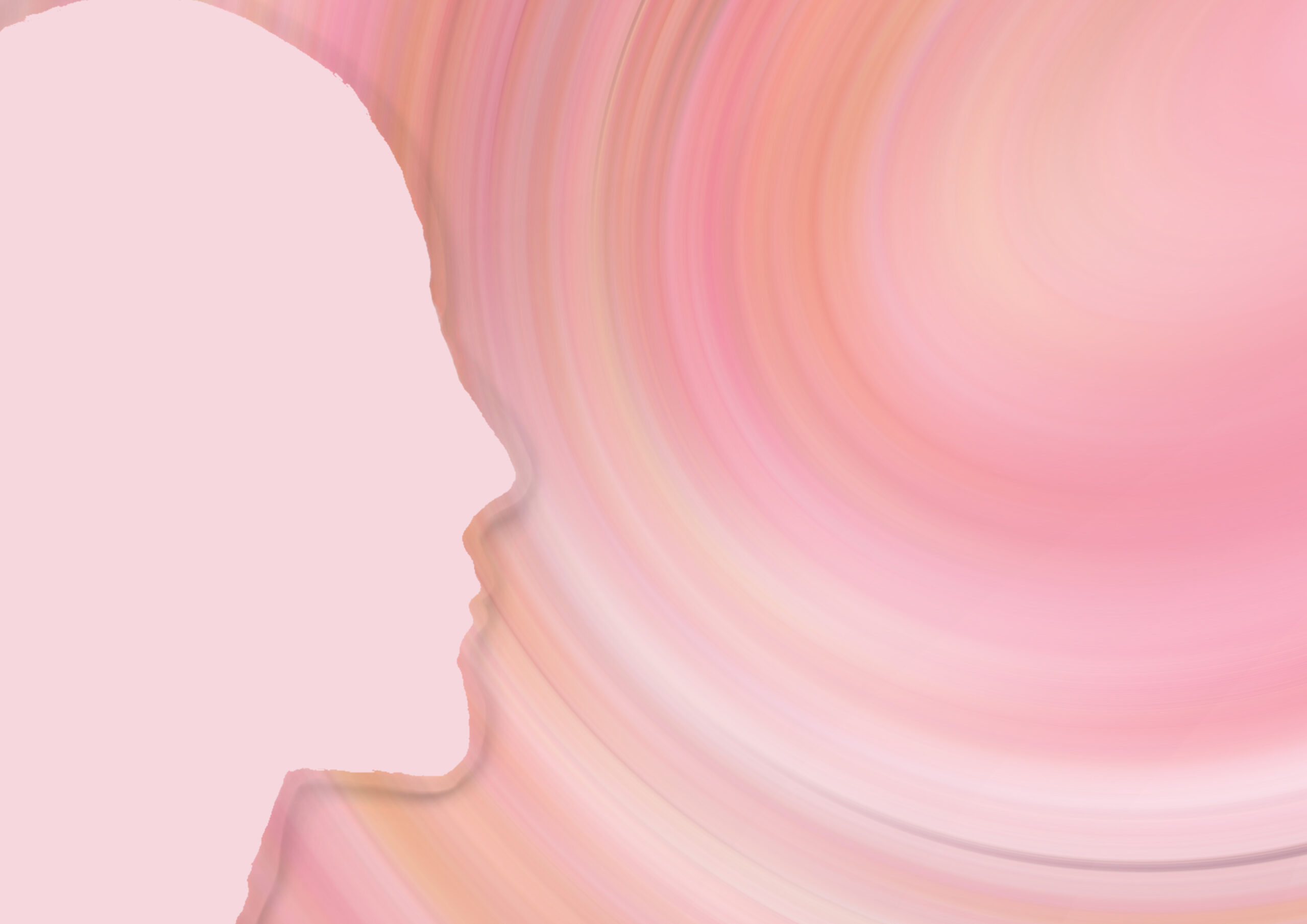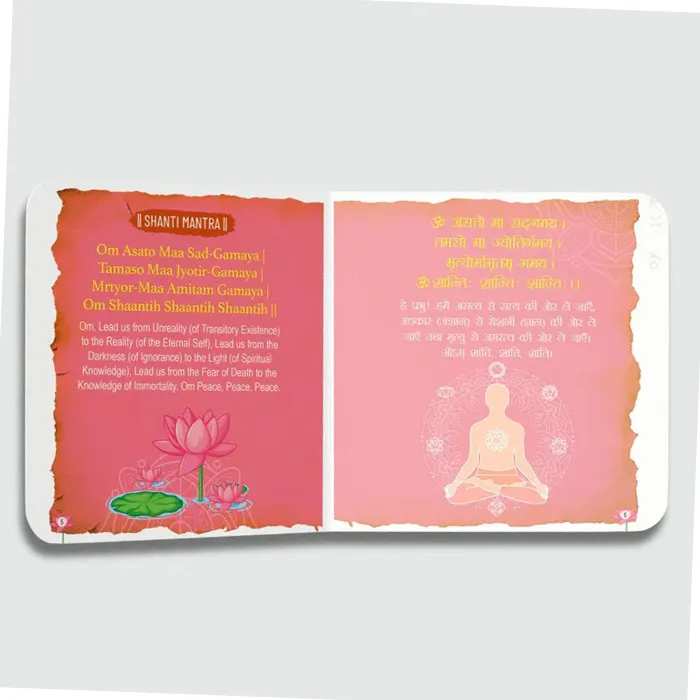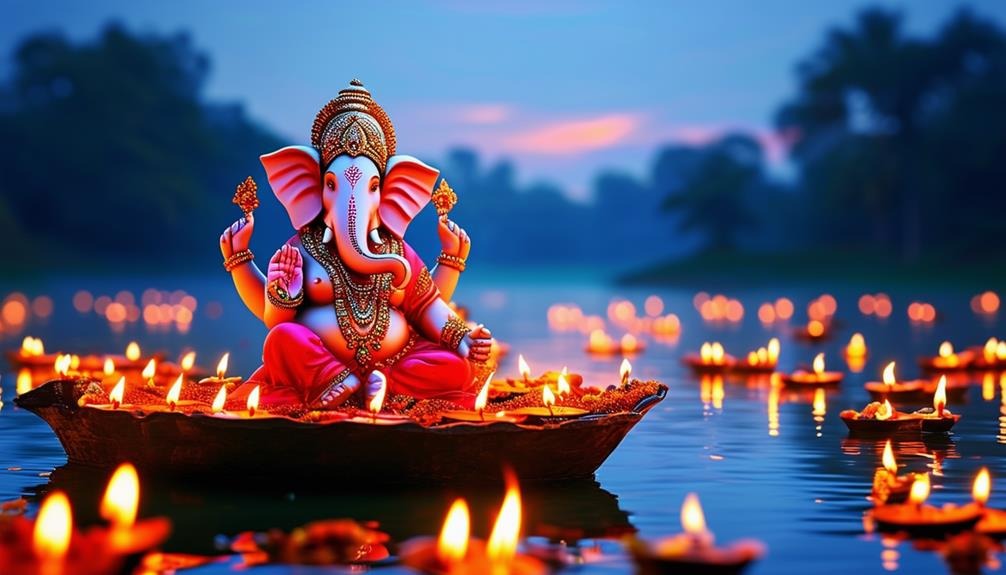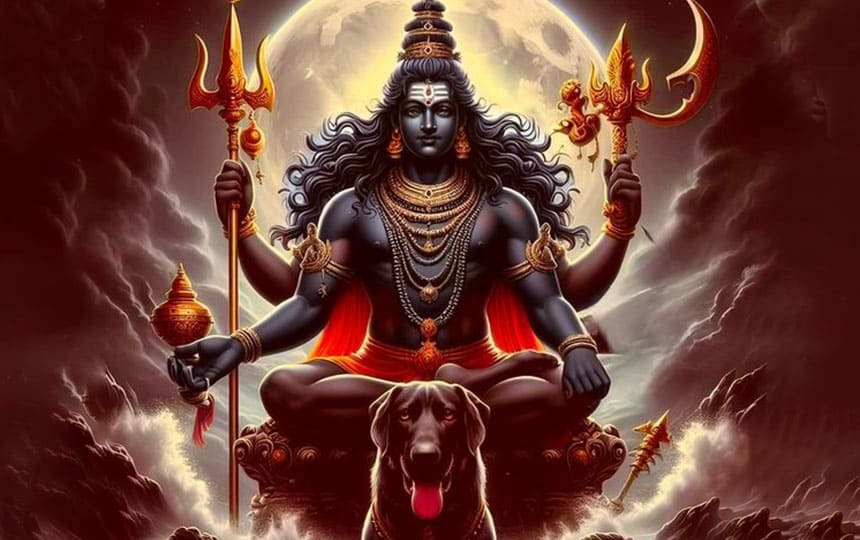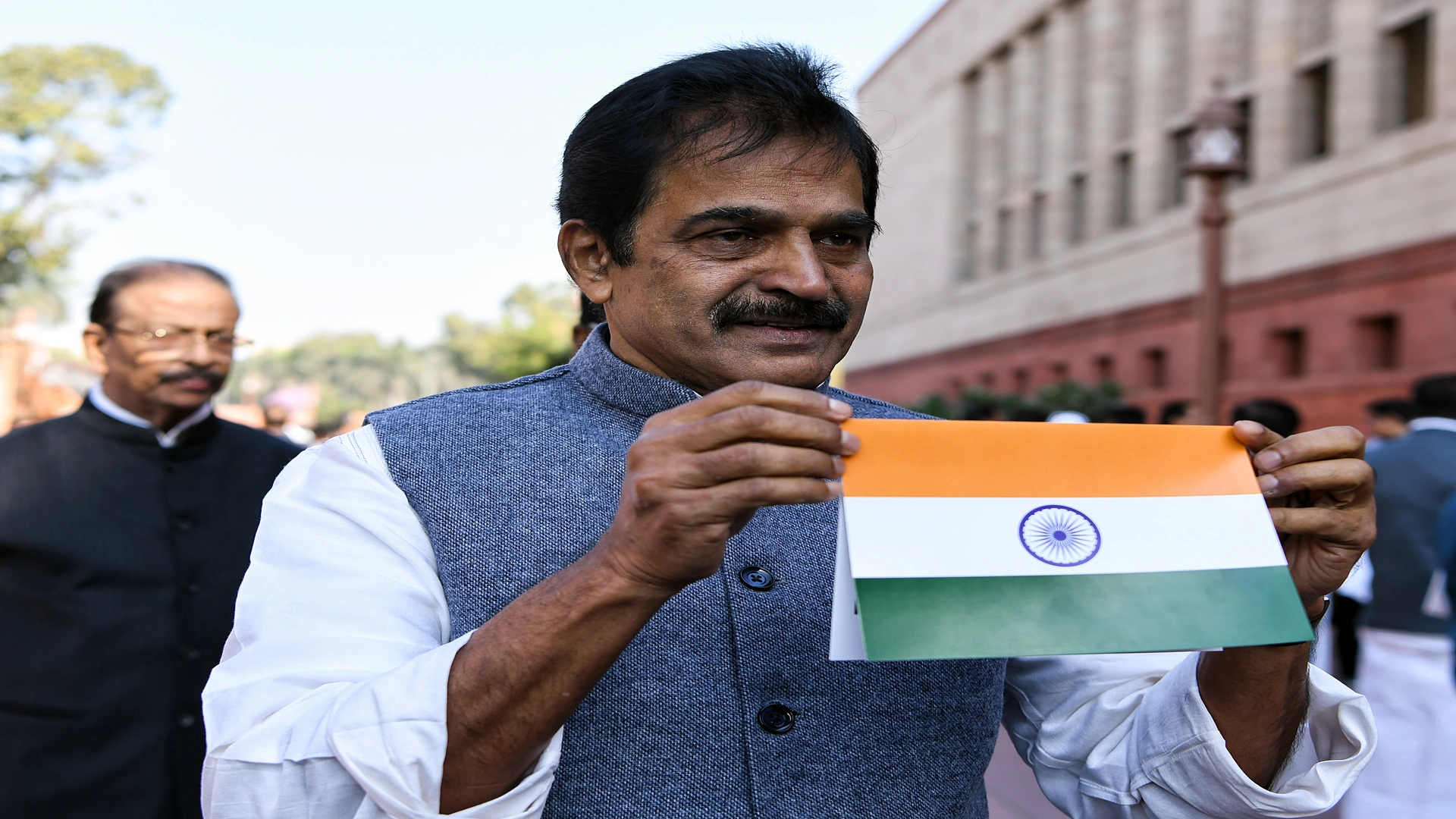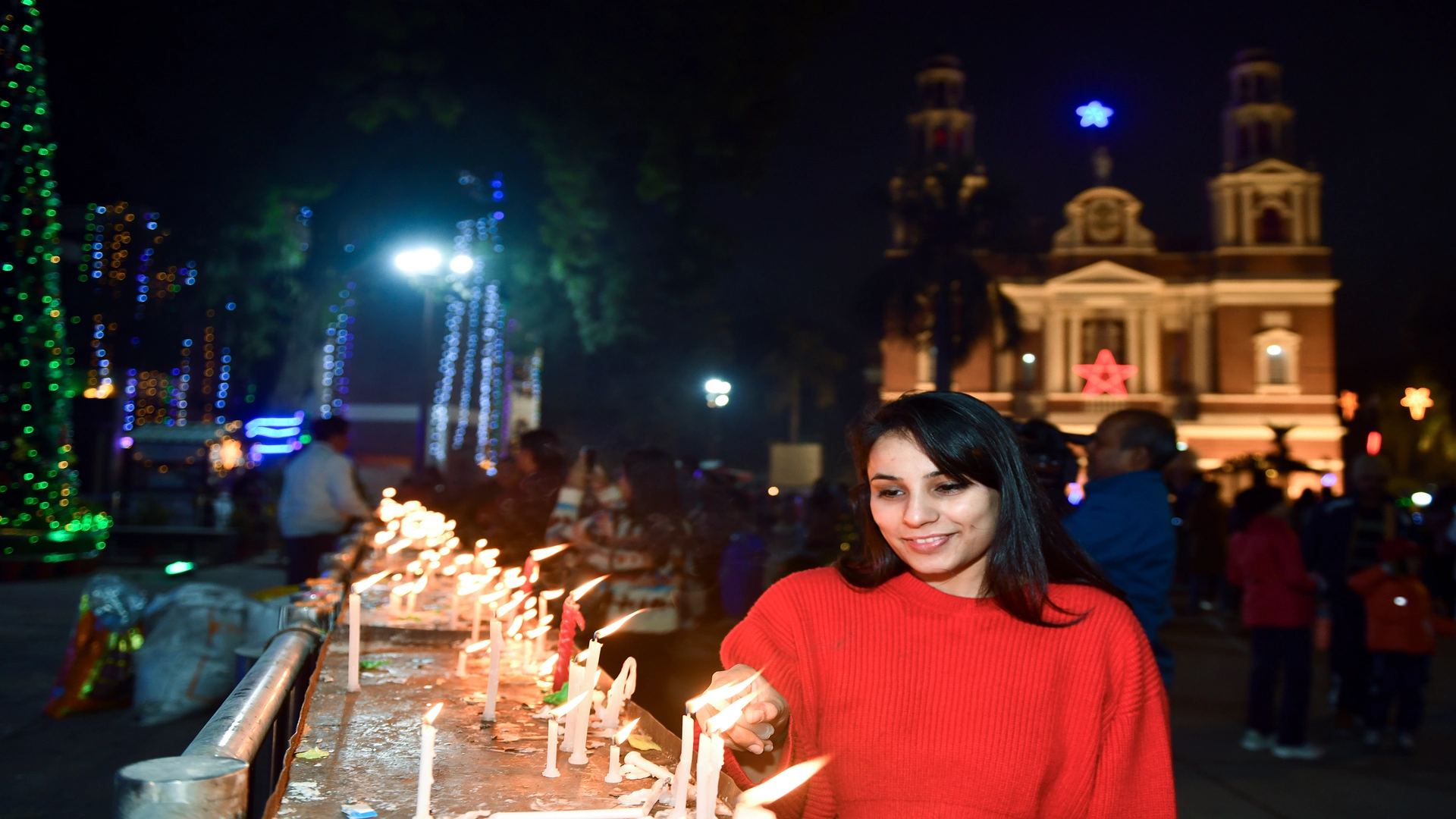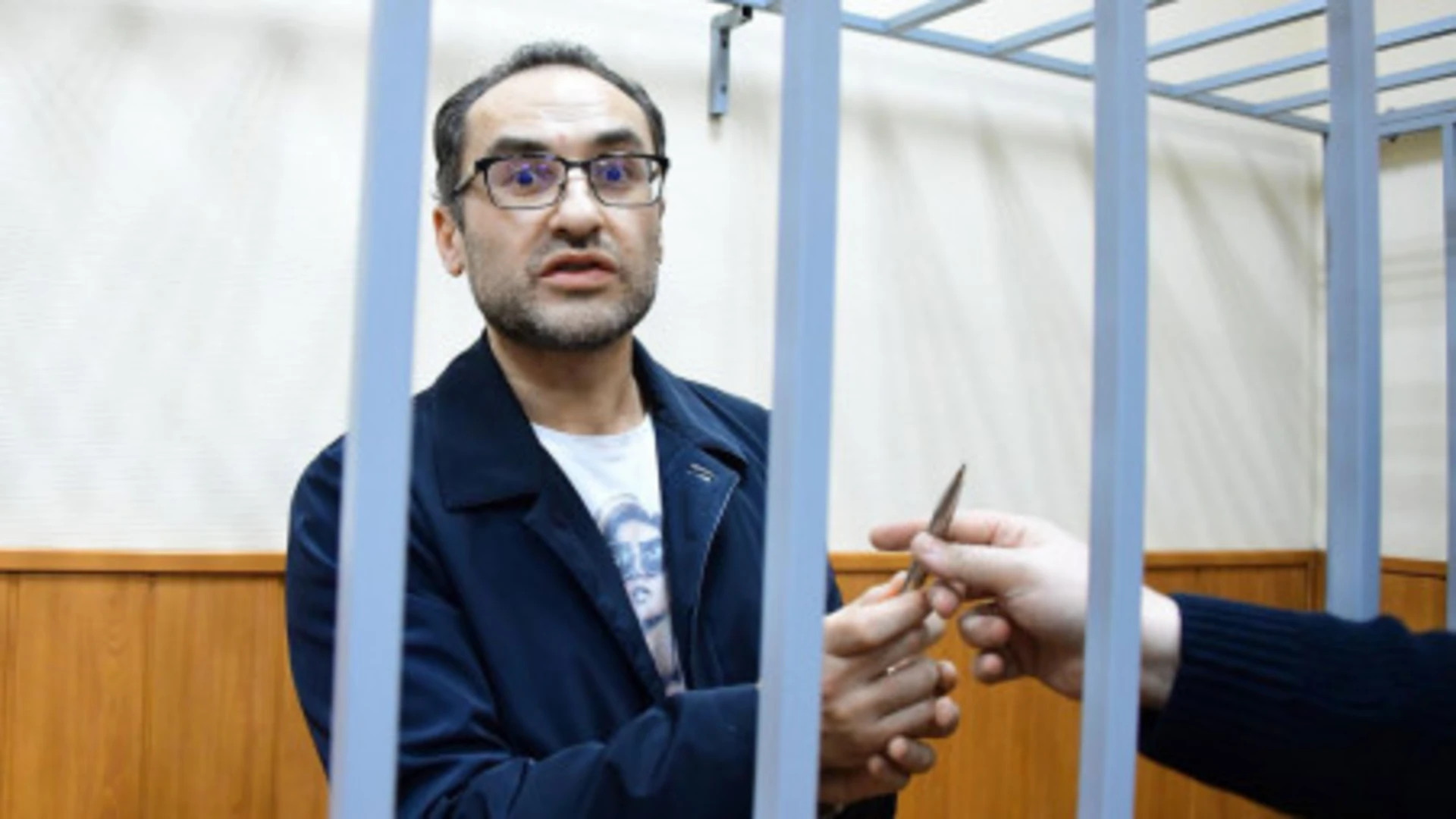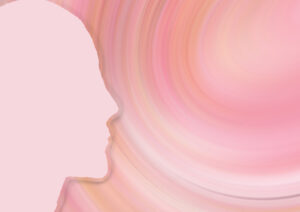What is the connection between self-discovery and inner healing? It is the link between two words – forgetting and remembering. The world of opposites that we live in provides the contrasting backdrop and it involves forgetting, which causes us to separate from the self; and remembering i.e. coming back to the self and being in that state of soul-awareness. These two aspects of awareness are opposite sides of the same coin, and it is important to remember that a coin cannot exist without two sides.
A state of forgetfulness means that our consciousness becomes fractured, broken, which in itself means we are separated from our true self. Our collective fractured consciousness is reflected in the external world of conflict and natural calamities. However, we need to understand who we really are, to know that somewhere along the way, we left our true self behind and, that we need to retrieve that part of the self to become whole again.
So. what is the root cause of this separation and why is there a need for self-discovery and inner healing?’
Separation from the self is caused by trauma, a disturbance or shock to our consciousness, and the first trauma that is experienced by the human soul, and which sets the scene for all other trauma, is the loss of awareness of our eternal self. The word trauma is the same as separation from the self, and within that is forgetfulness.
This loss of self-awareness causes a type of split personality, and with that come agony, anguish, mental and physical pain, stress and shock. Neuroscience suggests that traumatic experiences are often stored as debris in the consciousness of behaviour patterns that lie latent in the body, awaiting reactivation by some unknown, future trigger. That is, the residue of emotional reactions stored within the consciousness will bring a distortion of our reactions to people and situations in the future. This binds us to having knee-jerk reactions when triggered, without forethought or care, and the longer we play out those patterns the bigger the mountain we have to climb to become free of them, and the more layers of suffering we accumulate.
Meditation provides us with an opportunity for change to take place in that space often called “the gap”. This is the space between emotional sensations and reactive behaviour: for example, there is really nothing you can do about feeling angry when you feel your best friend has betrayed you. However, between the feeling of anger and the urge to react, there is a fraction of a second to consciously intervene in the cycle of forgetting and choose to remember, which means stepping into self-awareness. In that moment, a compassionate response can have a life-changing impact. The key is to recognize and stay present in an unpleasant karmic situation, while resisting the hook of staying in the comfort zone of the personality, grounded in forgetting and the repetition of a karmic behaviour pattern. In this way, we are consciously choosing to face with detachment the uncomfortable feelings of shame, fear, or pain by re-wiring the mind.
We can use meditation to learn to slow down and change our automatic responses. Ultimately, we are ‘harnessing the power of creating new neural pathways that empower our mind, brain, and nervous system’. It is through meditation that this can be achieved.
The other side of the coin of forgetting, in believing that we are simply physical beings, is that we are souls, spiritual beings, experiencing the physical world through the medium of our bodies. It sounds simple, and it is simple, as is the flipping of a coin, but the effect of ‘remembering’ is immense. In meditation we remember who we really are, we remember our spiritual father, the Supreme Soul, and in our union with him the healing process begins.
In order to break the cycle that conditions us to go against the flow of life, we need to remember that freedom is a state of awareness as is forgetfulness, and we can change it. In doing so, through acceptance and surrender, we can take responsibility for having forgotten our true selves. Acceptance is the same as love, loving the self no matter what.
Nina Buchanan is a Family Dynamics Coach and a Brahma Kumaris Rajyoga teacher, based in London.

